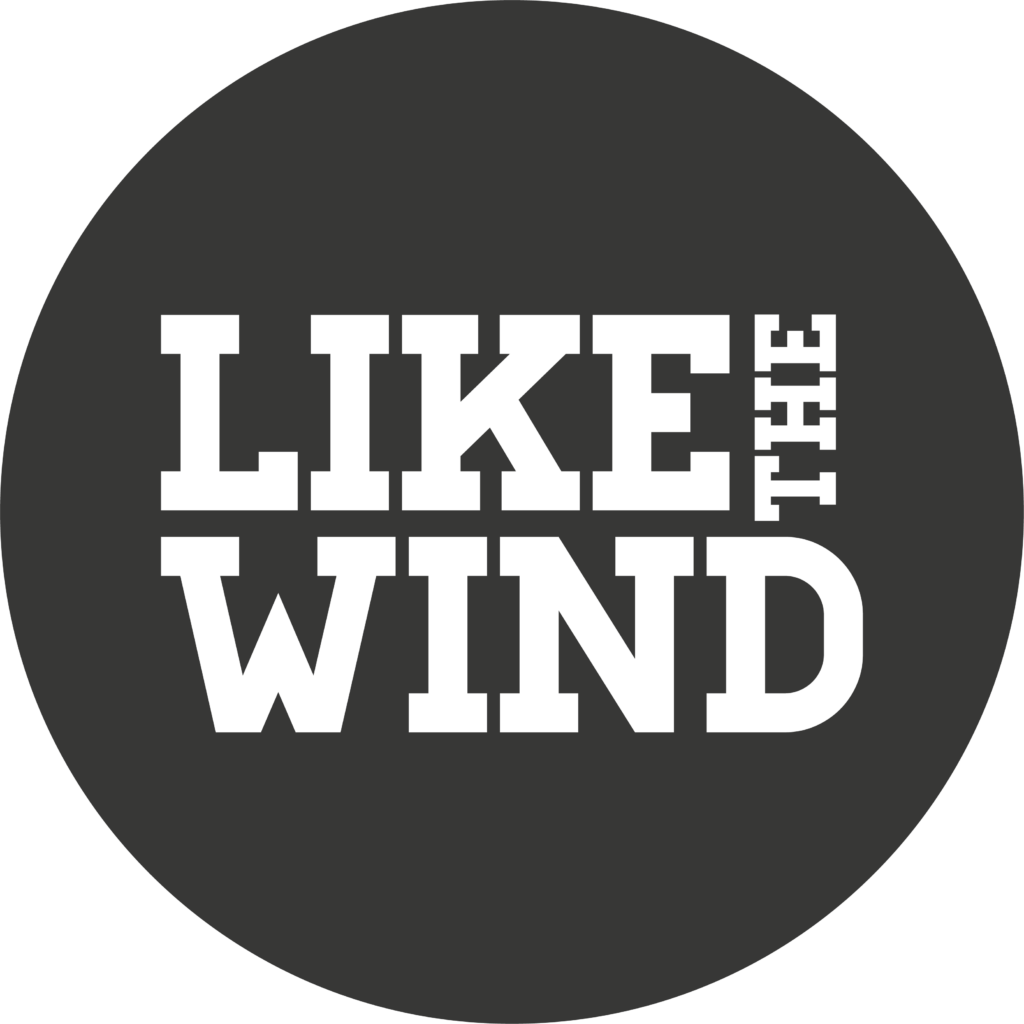Introduction:

Tracksmith was co-founded in 2014 by Matt Taylor in Boston, MA which is the city it still calls home. As a brand, Tracksmith has one of the most recognisable design aesthetics in running, rooted in the ethos of the amateur athlete and the brand’s New England home.
Soon after launching, Tracksmith opened it’s first bricks-and-mortar outlet half way along the route of the Boston marathon. Shortly after Tracksmith moved to within a few hundred feet of the finish line in downtown Boston and created not only a retail destination but their Trackhouse that acts as a hub for local runners and a tourist destination for those from out of town. Here we learn about the history of the brand and future plans from Matt himself.
 LtW: Where is the brand based?
LtW: Where is the brand based?
Tracksmith: Boston, MA. USA
LtW: Can you give us a short history of the brand.
Tracksmith: We launched in 2014, but we worked for close to two years to build the brand before our debut. I’ve been a runner my whole life, from high school cross country to running steeplechase in college. Post-collegiately I worked in the industry for years, and over time grew frustrated with the way that the sport was presented. There’d been a race to the extremes: either hyper-elite performance or generalized fitness, leaving a void in the sport’s heart. There wasn’t a brand that was speaking explicitly to the competitive, but not professional, runner. I wanted to build a company rooted in that competitive lifestyle and all its facets.
At the same time, running apparel was pretty homogeneous: the same materials in the same neons. I didn’t understand why my running gear needed to look so different from everything else I wore, and wanted to craft pieces that had the same timeless qualities.
It’s one thing to have an idea, it’s another thing entirely to quit your job and start building a company. I was able to take the leap thanks to another project. I worked at Puma as the Head of Running Marketing, and had a relationship with Usain Bolt. I pitched him the idea for an iPhone game for the 2012 Olympic Games, and the success of Bolt! gave me the runway to leave Puma and start working on Tracksmith.
Our first office was at the halfway point of the Boston Marathon in Wellesley, you could watch them paint the ½ Marathon mark on the road from our window. My co-founder was Luke Scheybler, who also co-founded Rapha, and he helped lay the foundation for the brand’s DNA. We launched in July 2014 as a team of four and today we’re at twenty-three.
 LtW: What is your personal relationship with running now and how has running played a part in your life, going all the way back to your childhood?
LtW: What is your personal relationship with running now and how has running played a part in your life, going all the way back to your childhood?
Tracksmith: I’ve been running my entire life, a classic case of having early success in a sport and gravitating towards it. But it wasn’t until college that I truly fell in love with the sport. I ran varsity cross country and track at Yale. Competing at the D1 level really instilled in me some of the core tenants of the sport, and an appreciation for its challenges and rewards. I loved the delayed gratification that running provides – you don’t get that in most sports. And that carries over nicely to being an entrepreneur.
After college, I had ambitions of trying to run at a higher level and tried my hand at a few marathons, but didn’t quite have what it takes to be a pro. Though I still have some ambitions as a Master. Today, I run most days on the early side, trading off with my wife on who gets to go first. It helps me center my day and is a major driver of my creativity and problem solving. Like a lot of people, I don’t have a race on the schedule, but am enjoying this chance to just have fun with it. In the past, I’ve loved taking running meetings with my employees, and that’s one thing I’ve really missed in the last few months [due to the Covid-19 pandemic, ed].
LtW: What were the key motives for you creating a running brand?
Tracksmith: Though deeply immersed in the business of running throughout my career, I ultimately became frustrated with the status quo. I wanted to build a brand that spoke to the sport’s heart: the millions of amateurs who make running one part of a cherished life. This lifestyle requires specific gear: thoughtfully designed products that can handle a lot of mileage, while fitting seamlessly into a busy lifestyle.
LtW: What have been the biggest challenges for you building your brand?
 Tracksmith: Creating physical products is extremely difficult. But doing it at our size is even more challenging. We pay surcharges procuring raw materials and surcharges for not hitting minimums at our factories. Mastering that process, without compromising on our product, has been one of the biggest challenges. At the same time, because we are a direct-to-consumer brand, we’re freed of a lot of the demands that a more wholesale-driven model would have, which prioritizes minimizing cost, and has resulted in a pretty homogeneous product offering. Our business model allows us to utilize more premium materials and trims, and to deliver the highest quality product to our consumers.
Tracksmith: Creating physical products is extremely difficult. But doing it at our size is even more challenging. We pay surcharges procuring raw materials and surcharges for not hitting minimums at our factories. Mastering that process, without compromising on our product, has been one of the biggest challenges. At the same time, because we are a direct-to-consumer brand, we’re freed of a lot of the demands that a more wholesale-driven model would have, which prioritizes minimizing cost, and has resulted in a pretty homogeneous product offering. Our business model allows us to utilize more premium materials and trims, and to deliver the highest quality product to our consumers.
We’ve also found that the past five years have really prioritized hyper-growth brands that relied on Facebook ad-spend to drive sales. We’ve been pretty intentional about not using performance marketing as our main driver of growth. Instead we’ve invested more in the brand, in efforts like storytelling and content, establishing our Trackhouse and our community. This has resulted in a more slow and steady rise, but it’s been challenging to stay true to the ethos of long term growth in a time when some “DTC” brands have seemingly exploded overnight. It’s interesting, though, 2020 has really revealed the pitfalls in that hyper-growth model. We’ve been challenged by the COVID-19 crisis, but we’re in a much better position thanks to this more considered approach than we would have been otherwise.
LtW: What do you consider to have been your biggest successes?

Tracksmith: The 2020 Olympic Marathon Trials in Atlanta felt like a watershed moment for the brand. In 2016, I watched the Trials on TV and came into the office the next day asking the team how we could have a major presence in Atlanta. We launched our OTQ Support Program in December 2018, just in time for CIM. We offered a quarterly gear stipend, coffee from Linden x Two and more to amateur runners with the Trials standard. We had something like 30 athletes sign up after CIM and by the end of 2019, had over 130 in the program. In Atlanta, we had a hospitality suite for our athletes to visit and the energy over the two days pre-race was incredible. Race day– and seeing so many athletes in the Tracksmith sash–was the highlight of four years of hard work to get to that place and make that brand statement.
We were able to follow Trials with the news that elite middle-distance runners Mary Cain and Nick Willis had joined Tracksmith full-time as members of our marketing team. This was not only a major news moment, but also an important statement about our mission. We believe that running should be a cherished part of a full life. For too long the industry status quo has kept professional athletes siloed and constrained by contracts that value performance over the person. We believe that Nick and Mary have so much more to offer to our brand and our community beyond their track times, and it was thrilling to see so many agree with us.
LtW: Whether inside or outside of running, who do you admire and why?
Tracksmith: I’ve been a long time admirer of Outlier, for their attention to detail in their products and the way they tell their product stories.
Patagonia has set a high standard in terms of long-term brand building and sustainable growth, with storytelling at the core of the brand.
M.M. LaFleur is another incredible brand when it comes to marketing. I really admire their recent Ready to Run campaign, in which they’re lending outfits to women who are seeking political office for the first time. It’s such a smart way to extend their brand values, and really speaks to the kind of community-based marketing initiatives that can drive real change.
LtW: What do you hope that people will think, when they consider your brand?
 Tracksmith: I hope people see Tracksmith as a brand built on a deep love for the sport. They should feel that spirit in everything we do, whether it’s the quality of the product, in the photography we present, or the way we speak about the sport.
Tracksmith: I hope people see Tracksmith as a brand built on a deep love for the sport. They should feel that spirit in everything we do, whether it’s the quality of the product, in the photography we present, or the way we speak about the sport.
LtW: If your brand was a runner, what type of personality would they have
Tracksmith: We’re that runner who just loves the sport in all its facets, whether that’s a wet and muddy cross country race, a twilight track meet or a summer 5k.
LtW: What is different about your brand from other running brands?
Tracksmith: We’re differentiated by our aesthetic, which is rooted in classic American sportswear; the materials we use, which are some of the world’s finest performance fabrics; and our point-of-view, which is centered on the amateur spirit.
LtW: What plans do you have coming up for your brand?
Tracksmith: We had some big ambitions for 2020. An Olympic year is always transformational for our sport. We planned on being at every Major Marathon with a pop-up and were looking forward to the Olympic Trials in Eugene and Olympics in Tokyo. Those plans have now been shifted to 2021.
Find out more about Tracksmith on their website. And you can follow the brand on Instagram @tracksmithrunning

